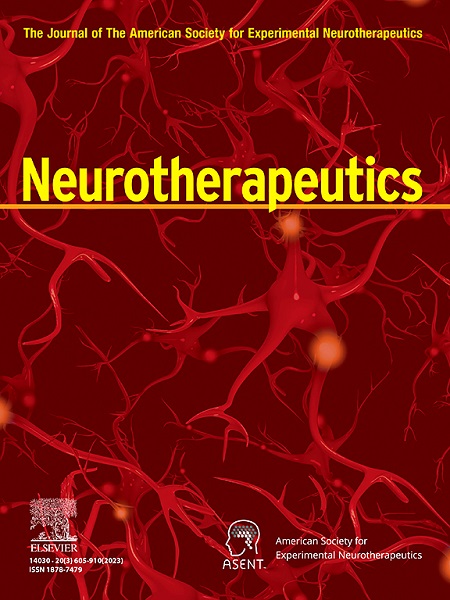Using artificial intelligence to optimize anti-seizure treatment and EEG-guided decisions in severe brain injury
IF 5.6
2区 医学
Q1 CLINICAL NEUROLOGY
引用次数: 0
Abstract
Electroencephalography (EEG) is invaluable in the management of acute neurological emergencies. Characteristic EEG changes have been identified in diverse neurologic conditions including stroke, trauma, and anoxia, and the increased utilization of continuous EEG (cEEG) has identified potentially harmful activity even in patients without overt clinical signs or neurologic diagnoses. Manual annotation by expert neurophysiologists is a major resource limitation in investigating the prognostic and therapeutic implications of these EEG patterns and in expanding EEG use to a broader set of patients who are likely to benefit. Artificial intelligence (AI) has already demonstrated clinical success in guiding cEEG allocation for patients at risk for seizures, and its potential uses in neurocritical care are expanding alongside improvements in AI itself. We review both current clinical uses of AI for EEG-guided management as well as ongoing research directions in automated seizure and ischemia detection, neurologic prognostication, and guidance of medical and surgical treatment.
应用人工智能优化重型脑损伤的抗癫痫治疗和脑电图引导决策。
脑电图(EEG)是非常宝贵的管理急性神经急症。特征性脑电图变化已在多种神经系统疾病中被发现,包括中风、创伤和缺氧,连续脑电图(cEEG)的使用增加,甚至在没有明显临床症状或神经系统诊断的患者中也发现了潜在的有害活动。神经生理学专家的手工注释是研究这些脑电图模式的预后和治疗意义以及将脑电图应用于可能受益的更广泛患者的主要资源限制。人工智能(AI)已经在指导癫痫发作风险患者的脑电图分配方面取得了临床成功,随着人工智能本身的改进,它在神经危重症护理中的潜在应用正在扩大。我们回顾了目前人工智能在脑电图引导下的临床应用,以及在自动发作和缺血检测、神经系统预后以及指导医疗和外科治疗方面的研究方向。
本文章由计算机程序翻译,如有差异,请以英文原文为准。
求助全文
约1分钟内获得全文
求助全文
来源期刊

Neurotherapeutics
医学-神经科学
CiteScore
11.00
自引率
3.50%
发文量
154
审稿时长
6-12 weeks
期刊介绍:
Neurotherapeutics® is the journal of the American Society for Experimental Neurotherapeutics (ASENT). Each issue provides critical reviews of an important topic relating to the treatment of neurological disorders written by international authorities.
The Journal also publishes original research articles in translational neuroscience including descriptions of cutting edge therapies that cross disciplinary lines and represent important contributions to neurotherapeutics for medical practitioners and other researchers in the field.
Neurotherapeutics ® delivers a multidisciplinary perspective on the frontiers of translational neuroscience, provides perspectives on current research and practice, and covers social and ethical as well as scientific issues.
 求助内容:
求助内容: 应助结果提醒方式:
应助结果提醒方式:


